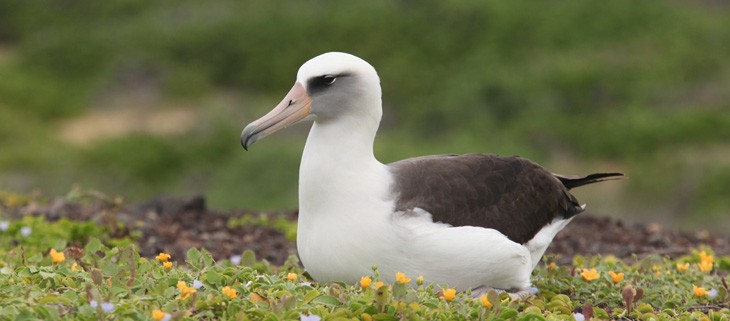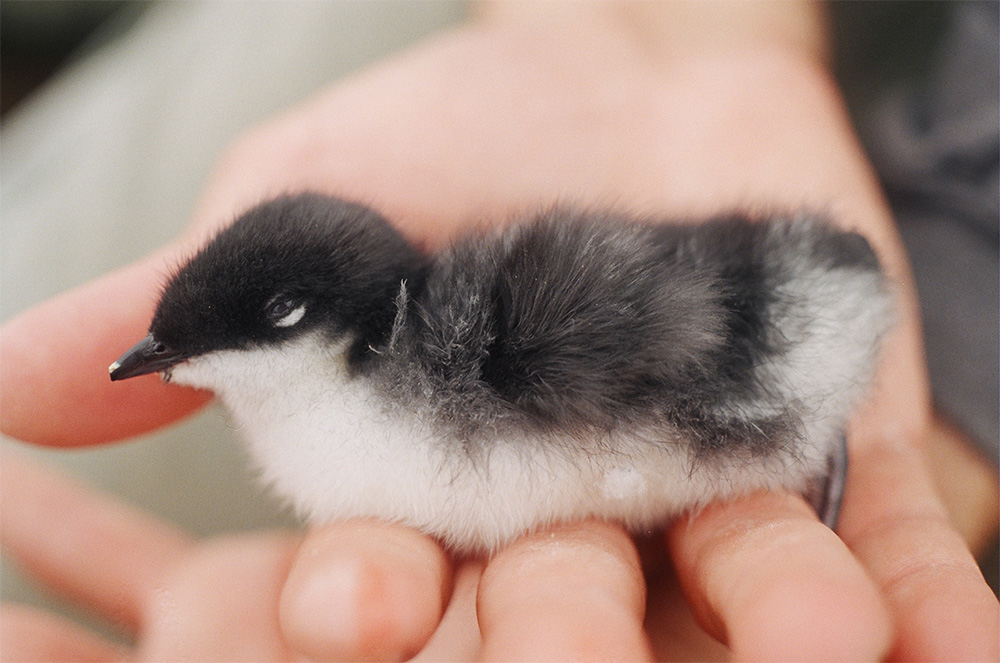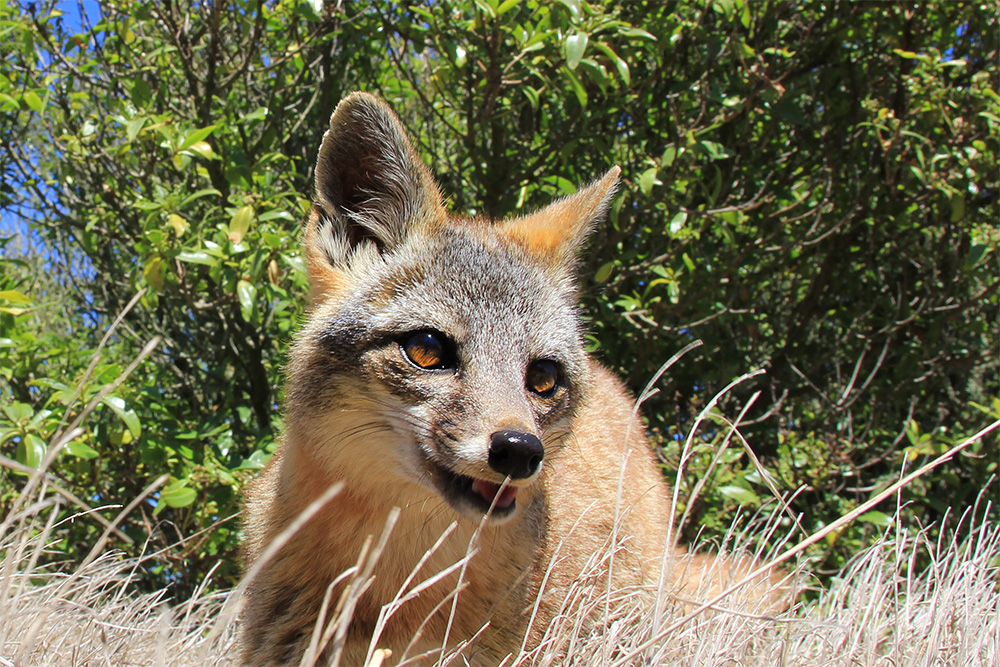December 4, 2024
The Ebiil Society: Champions of Palau
Ann Singeo, founder of our partner organization the Ebiil Society, shares her vision for a thriving Palau and a flourishing world of indigenous science!
We use cookies to help you navigate efficiently and perform certain functions. You will find detailed information about all cookies under each consent category below.
The cookies that are categorized as "Necessary" are stored on your browser as they are essential for enabling the basic functionalities of the site. ...
Necessary cookies are required to enable the basic features of this site, such as providing secure log-in or adjusting your consent preferences. These cookies do not store any personally identifiable data.
Functional cookies help perform certain functionalities like sharing the content of the website on social media platforms, collecting feedback, and other third-party features.
Analytical cookies are used to understand how visitors interact with the website. These cookies help provide information on metrics such as the number of visitors, bounce rate, traffic source, etc.
Performance cookies are used to understand and analyze the key performance indexes of the website which helps in delivering a better user experience for the visitors.
Advertisement cookies are used to provide visitors with customized advertisements based on the pages you visited previously and to analyze the effectiveness of the ad campaigns.
Our new online shop is live!

A report by the National Wildlife Federation emphasizes the need for conservation action to prevent the loss and support the flourishing of North American native wildlife. American wildlife face a number of threats today, and even those that aren’t currently listed as Endangered are in need of environmental stewardship actions.
The researchers point out that when we invest in conservation, we really do make a difference–the difference is animals rebounding rather than going extinct.
A panel of business and conservation leaders has recommended a dedicated funding stream to match the challange of protecting the nation’s fish and wildlife. Their recommendations have been incorporated into the “Recovering America’s Wildlife Act” which would allocate $1.3 billion per year to state-based wildlife action plans.

Panelist and CEO/President of the National Wildlife Federation Collin O’Mara wrote:
The Recovering America’s Wildlife Act offers a once in a generation opportunity to ramp up the nation’s conservation efforts in a way that matches the scale of threats to our wildlife heritage. Now is the time to build on the successes of the past to ensure that our hardfought conservation legacy has a bright future.
One of the most effective ways to address biodiversity decline is to implement conservation work on islands. Island species are particularly vulnerable to extinction threats, but there are proven ways to prevent extinctions of island species.
Island Conservation and partners worked on the California Channel Islands to remove invasive species. Thanks to these island restoration efforts, including the conservation interventions we helped execute on California’s Channel Islands’ Anacapa Island, the Scripps’s and Guadalupe Murrelets are no longer at risk of being Endangered.

Another Channel Island species benefiting from conservation efforts is the Island Fox, which was delisted in 2017. We are thrilled to see American wildlife receive conservation support and hope we continue to see improvements for the nation’s wildlife.
Featured photo: Laysan Albatross. Credit: Olivier Langrand/Island Conservation
Check out other journal entries we think you might be interested in.
Notifications